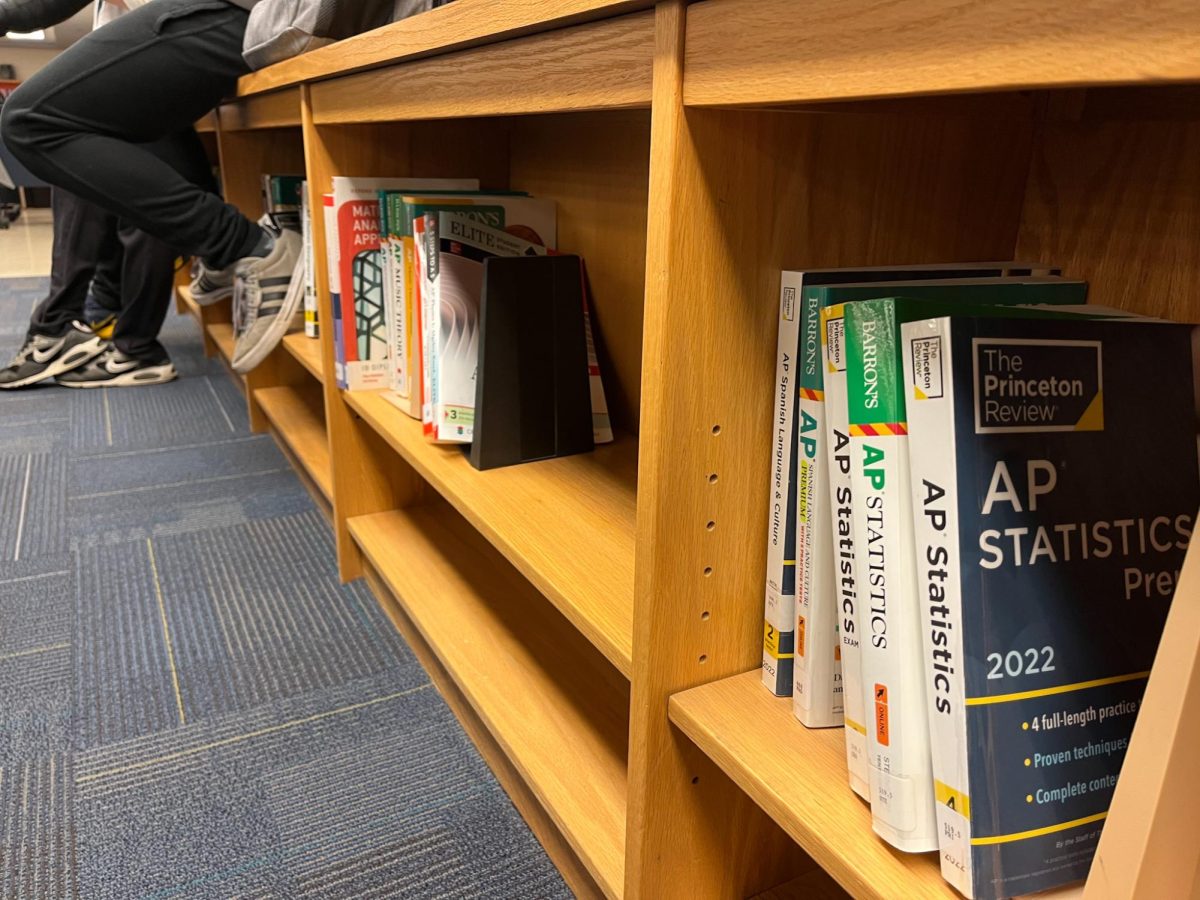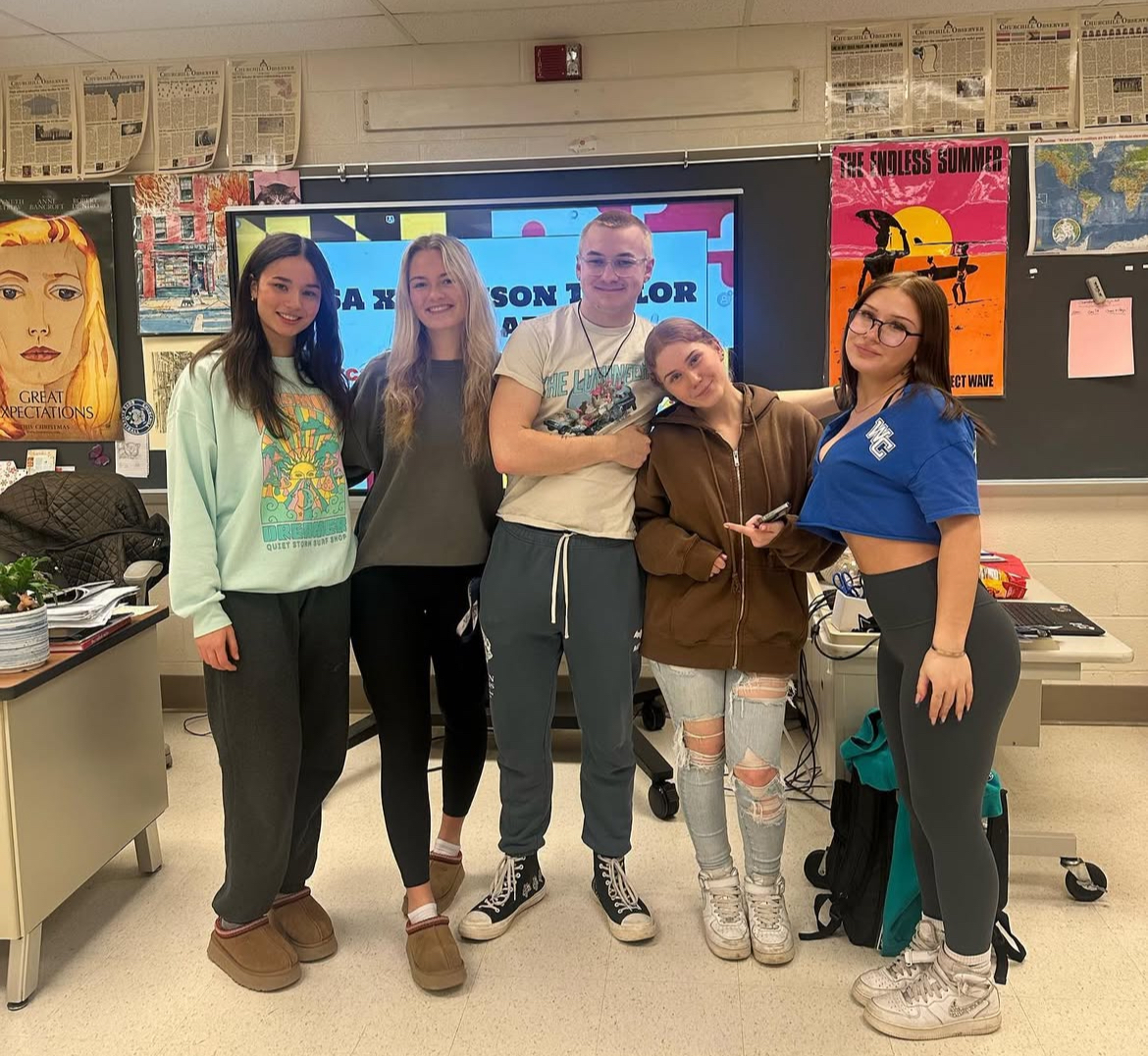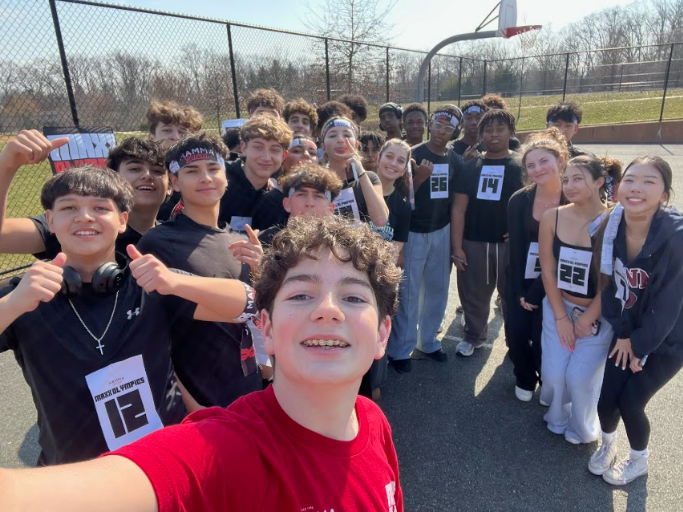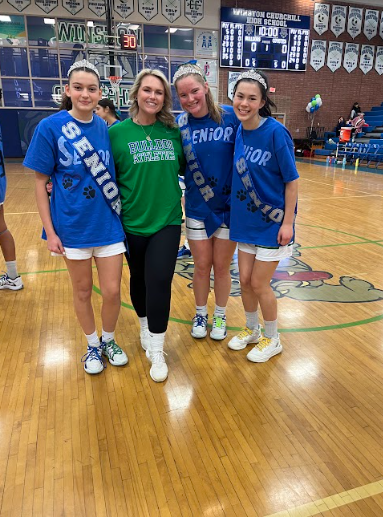As summer nears, students begin to look for the perfect way to spend their glorious free time. Whether it be working, interning or attending a program, there are many options to choose from. However, one of the biggest obstacles students are faced with is what will be the most beneficial when applying to college.
Many CHS students look to pre-college enrichment programs or community service trips to give them a step above the large pool of fellow applicants. Yet, even though many families spend thousands of dollars hoping to ensure admittance into high selective colleges, it is unclear if these programs are advantageous during the grueling admission process.
Summer Discovery is a company that offers both community service-oriented and pre-college enrichment programs anywhere from UCLA to University of Pennsylvania to Cambridge University in England to a university in Florence, Italy. With over 300 courses offered on ten campuses, Summer Discovery says their programs may be the extracurricular that secures a positive admission decision.
“[Participants] generally are admitted to many of the schools they apply to,” Summer Discovery executive president Bob Musiker said.
Though having one of these programs on a student’s resume does not guarantee admission into any university, according to Musiker, “it doesn’t hurt.”
According to Nina Marks, though, who is a private college counselor and president of Marks Counseling Associates in Bethesda, it is uncertain if colleges view the programs as anything more than summer camp.
“There is little evidence that colleges gravitate towards applicants that have participated in [the programs], unless they had a compelling reason for doing so,” Marks said.
According to Marks, universities want to see a more focused approach when it comes to summer activities. Colleges question whether or not the summer activity fits the applicant’s established interests, values and goals.
“The key criterion is authenticity,” Marks said. “A serious athlete would attend selective camps, which might preclude other activities.”
There are several other options—albeit ones that might not make as large a dent in parents’ pockets—which admissions officers view similarly to pre-college enrichment programs.
“Colleges also respect students who pursue rigorous internships and selective leadership programs and get summer jobs,” Marks said. “But again, these rarely change an admission decision.”
Though the pre-college enrichment programs might not give students as big of a leg up as they might have hoped for, they can certainly be valuable experiences while preparing to go off to college.
“I think it helps mostly because students come home from a Summer Discovery program confident that they can do well in college level courses, and understand the process and time management skills required to succeed in college,” Musiker said.
Also, according to Musiker, most students who participate in Summer Discovery programs receive college credit that can be transferred to the school to which they will attend.
“These credits become part of the students’ high school record and may make them stand out during the admissions process,” Musiker said.
As far as paid community service trips go, according to Marks, there is little to no advantage for paying for a costly service program, unless the work ties into another interest or goal.
“Community service is always appreciated, but there is plenty of need in most applicants’ home communities,” Marks said.
However, according to Musiker, the community service trips offered by Summer Discovery are geared towards an all around experience on college campuses. During the trips, participants perform between 20 and 80 hours of community service. The cost of the trip pays for room, meals, recreation access and college-living and learning.
“Summer enrichment and community service programs are rarely admissions game-changers,” Marks said. “That said, colleges—especially highly selective ones—asses summer activities on a case-by-case basis.”







